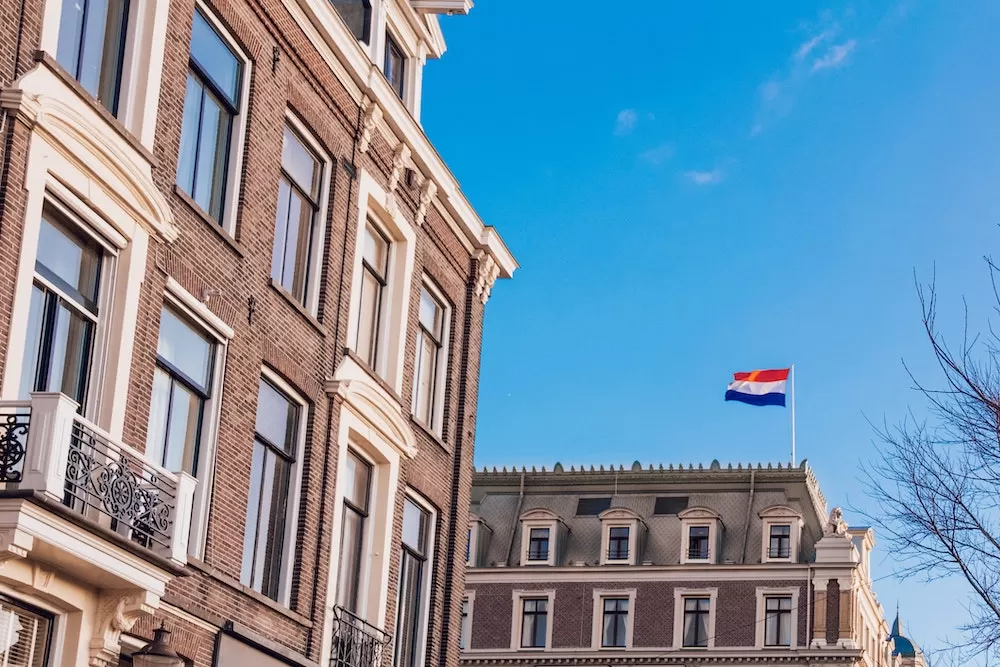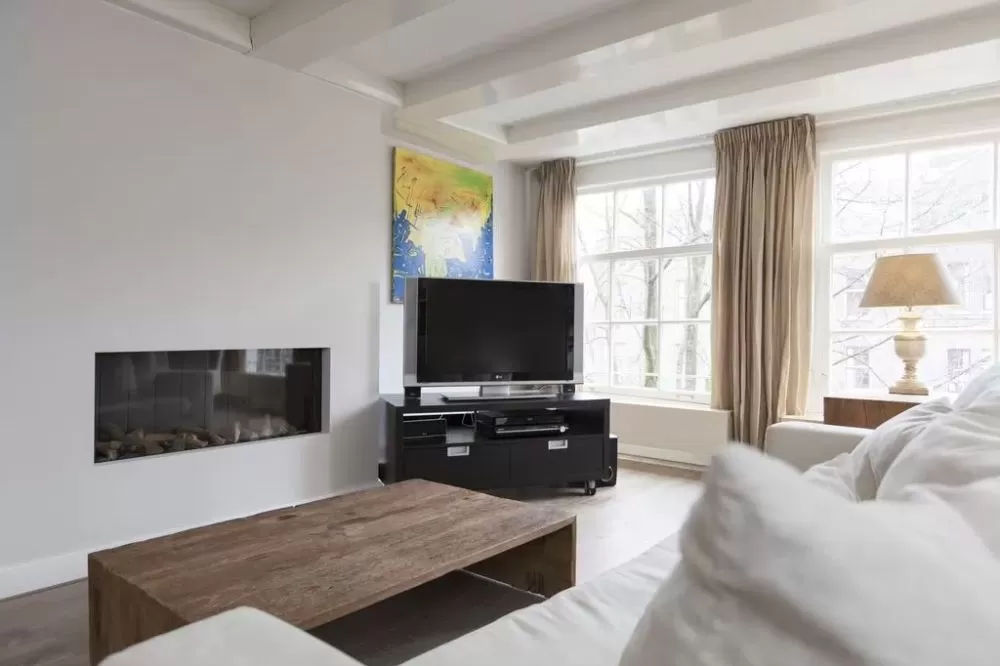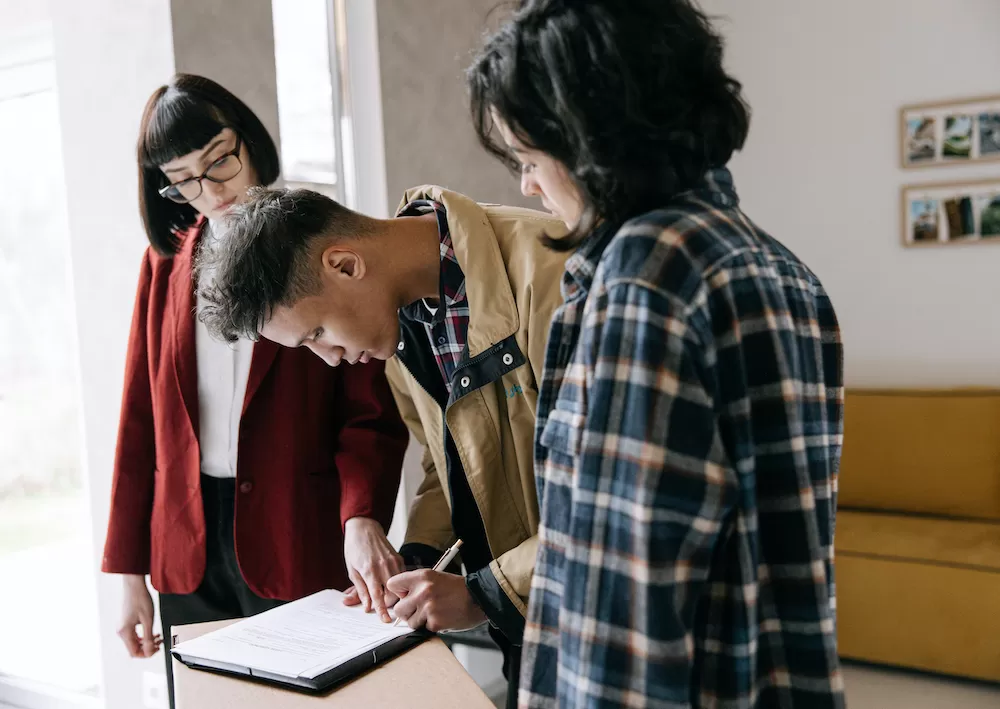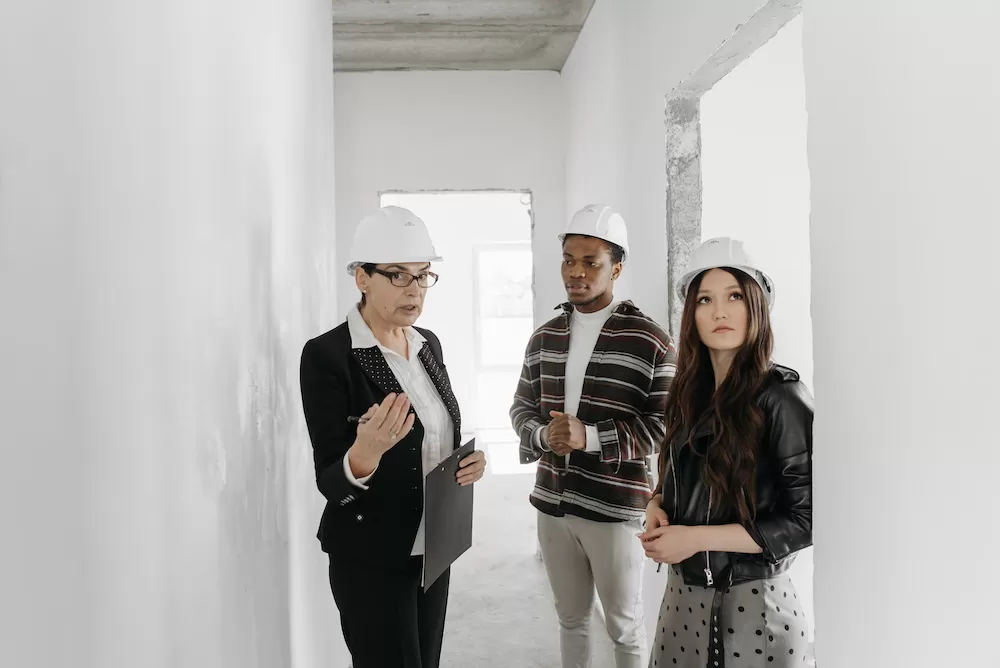There's no better investment than buying real estate in the Netherlands. The country is a great place, full of cities and towns that are as charming as ever. Who wouldn't want to buy a property here? If you move here, you can stay in a gorgeous home that's unlike any other. And if you're simply visiting, setting up a vacation home isn't half bad now, is it? Be that as it may, buying a
property in the Netherlands is no walk in the park. From hiring a notary to paying the required costs, there are a few common legal issues you'll likely face.
A Non-Resident Buyer
Perhaps the first thing that's probably on your mind is whether you're allowed to buy a property in the Netherlands or not.
According to Expatica, you are. There are currently no laws that restrict the purchase of any real estate in the Netherlands to just citizens and residents. Your legal residency status does not matter here. Your
Schengen Visa is enough! With that said, however, it will make a difference once you apply for a mortgage loan. You will need a residence permit if you want to get a mortgage to help pay for your new property in this country.
Buying an Apartment
As far as legal issues are concerned, there's a difference between purchasing a house in the Netherlands and buying an apartment. The latter follows a different set of rules. The most vital of which is ownership of the property. When you buy an apartment in the Netherlands, you won't gain full ownership over it. Instead, you share it with the
Vereniging van Eigenaren (VVE), or the Association of Owners of the building. So before you sign the contract and become the apartment's new owner, you need to check the terms and conditions that the VVE laid out in terms of your co-ownership. This will inevitably help you in the long run.
Hiring a Notary
Although
hiring a real estate agent isn't mandatory when buying a property for sale in the Netherlands, hiring a notary is. Their role is to safeguard all the steps throughout the purchase process, as well as a mediator between you, the buyer, and the seller. Among a notary's many works include investigating the property in question, double-checking its ownership with the Land Registry, drawing up the deed, and handling all the other legal matters at hand. More often than not, they'll even deal with all the legal charges, necessary payments, and the like for you. Because of this, it's important to hire a trustworthy notary. You can find one on
Notaris.nl.
The Required Costs
Speaking of your finances, you might be surprised at how many there actually are! If you thought that the only thing you have to spend on is the final price of the property in the Netherlands, think again! There are also taxes, fees, and more you'll have to pay. They include the transfer tax, the transfer contract, the valuation fee, notary fees, your real estate agent's commission, and the 10% deposit. Commonly, these are all taken from the purchase price, which is why it's also important to negotiate it and reach a final figure that you can afford or your mortgage can cover.
Signing The Preliminary Purchase Contract
Once you and the seller have settled on a final price, it's time to sign the preliminary purchase contract. This is one of the most important documents throughout the entire process. Why? Because it's what will legally bind you, the buyer, and the seller to the transaction. Upon signing the preliminary purchase contract, you'll be given a cooling period. After that's over and you still decided to continue with the purchase, you'll be legally required to see it through to the end. There's no backing out now! Of course, this also means that the seller will be legally required to sell the property only to you!
The Cooling Off Period
Now, let's talk about the cooling period. This is an important part of the process because it's your last chance to make a final decision. The cooling period is only around 72 hours (3 days) after signing. Around this time, you'll need to think long and hard about whether you truly want to buy the apartment or house in the Netherlands or not. If you decide not to, you need to let the other party know ASAP. Only then can you still back out of the agreement and get your 10% deposit back. But once the cooling period is over and you decide to back out then, the deposit will serve as the penalty.
The Case for Hidden Defects
Let's say you plan to
relocate to Amsterdam and are already looking at a potential home here. You buy it thinking it will be a great place to stay but then, after moving in, you discover a few defects. It may be that some areas need repair or other parts need replacing. And you didn't notice them beforehand because they were hidden from you. This, of course, is not legal. However, it's unfortunately common in the Netherlands's real estate scene. If this happens to you, know that there are Dutch laws that protect you.
As with any other process, buying a new property, be it an apartment or a house in the Netherlands, comes with a few common legal issues. It's better that you know about them now before you start the purchase!



